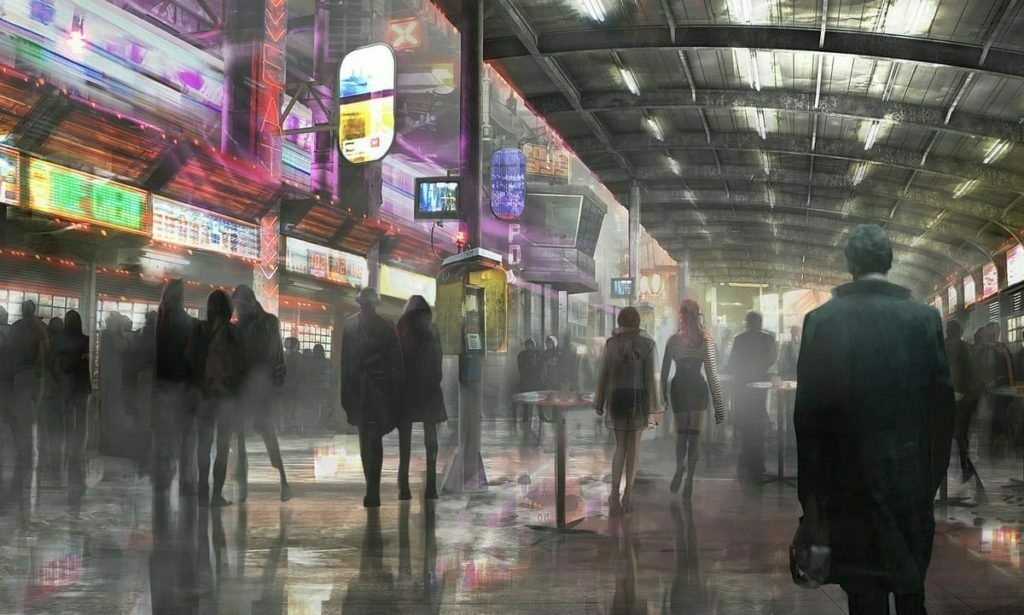What technology means in late capitalism
Anyone familiar with Guy Debord's Society of the Spectacle will appreciate this article by Jonathan Crary, author of the short but impressive 24/7 Capitalism.
Crary's argument is that our current status quo depends on a capital-fuelled extractive mikitary-industriiall complex that cannot be sustained. What comes next can't (isn't likely to look like) just a 'Green New Deal' version of it.

Any possible path to a survivable planet will be far more wrenching than most recognize or will openly admit. A crucial layer of the struggle for an equitable society in the years ahead is the creation of social and personal arrangements that abandon the dominance of the market and money over our lives together. This means rejecting our digital isolation, reclaiming time as lived time, rediscovering collective needs, and resisting mounting levels of barbarism, including the cruelty and hatred that emanate from online. Equally important is the task of humbly reconnecting with what remains of a world filled with other species and forms of life. There are innumerable ways in which this may occur and, although unheralded, groups and communities in all parts of the planet are moving ahead with some of these restorative endeavors.
However, many of those who understand the urgency of transitioning to some form of eco-socialism or no-growth post-capitalism carelessly presume that the internet and its current applications and services will somehow persist and function as usual in the future, alongside efforts for a habitable planet and for more egalitarian social arrangements. There is an anachronistic misconception that the internet could simply “change hands,” as if it were a mid-20th-century telecommunications utility, like Western Union or radio and TV stations, which would be put to different uses in a transformed political and economic situation.But the notion that the internet could function independently of the catastrophic operations of global capitalism is one of the stupefying delusions of this moment. They are structurally interwoven, and the dissolution of capitalism, when it happens, will be the end of a market-driven world shaped by the networked technologies of the present.
Of course, there will be means of communication in a post-capitalist world, as there always have been in every society, but they will bear little resemblance to the financialized and militarized networks in which we are entangled today. The many digital devices and services we use now are made possible through unending exacerbation of economic inequality and the accelerated disfiguring of the earth’s biosphere by resource extraction and needless energy consumption.